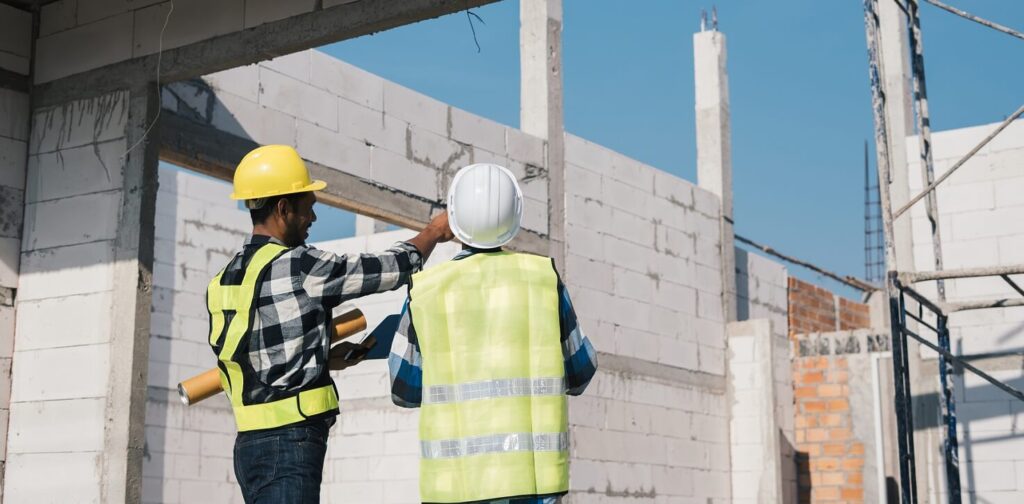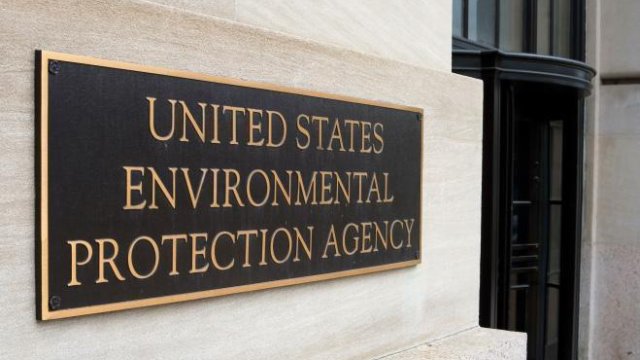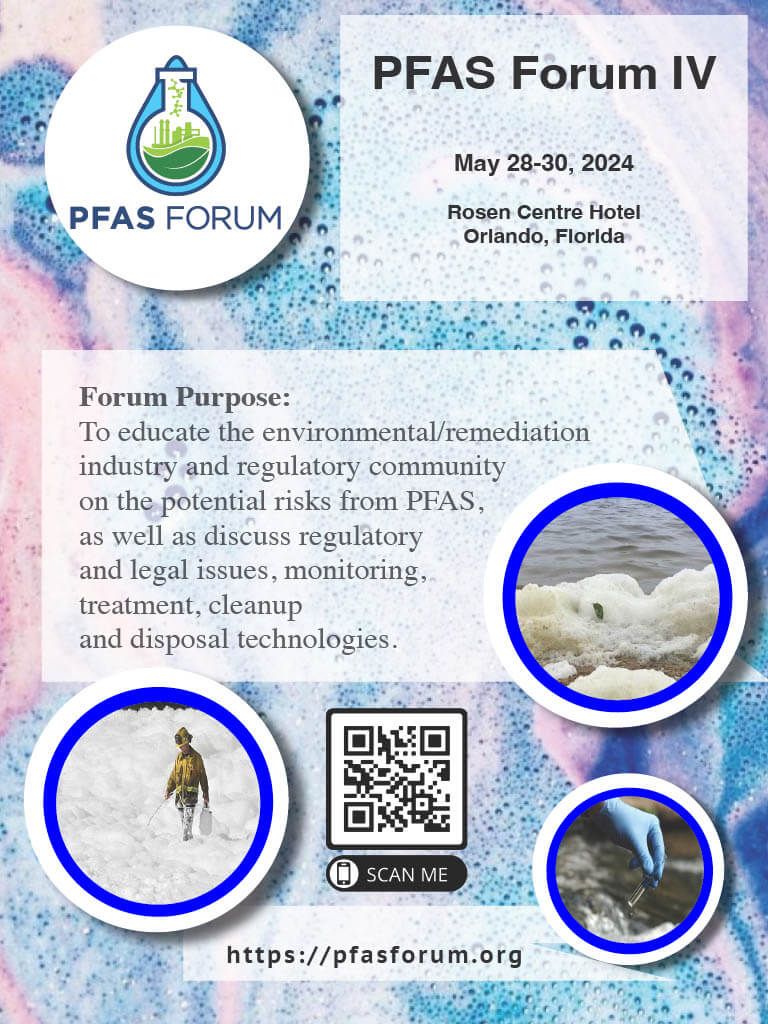By LEO CANNYN
PMP, P.E., ENV SP,
Principal Project Manager,
Beryl Engineering & Inspection

Construction and demolition projects create more than 600 million tons of solid waste annually in the U.S., according to the Environmental Protection Agency (EPA) figures.
Even with substantial efforts to reduce inefficiencies; the industry recognizes excessive waste is a concern. Construction waste-reduction must be a priority and design teams need to be more involved.
Structural engineers play a critical role in delivering sustainable projects in terms of their environmental, social, and economic impact.
Additionally, decisions with zero-waste in mind make significant impacts by reducing the environmental footprint and making the most of the resources specified in a project’s design.
Action can be taken independently on a single project or collectively, as a group, reducing waste and creating environmentally friendly results. Reducing excess and participating in a circular economy reduces demand for new and single-use materials and can lead to better overall investments.
Here are just a few zero-waste inspired ideas structural engineers can consider:
Design for Future Flexibility
Too many buildings are already old before their time. Planned with the best intentions, they can be obsolete before the certificate of occupancy is issued. Structural engineers should ask their teams to design with the future in mind. Designers need to re-think how projects can potentially expand in the future or be repurposed for additional function, potentially increasing the longevity of a building and eventually, possibly, demolition could be avoided.
Incorporate Efficient Resources in the Design
With the continued advancements in technology, structural engineers can emphasize ‘tech’ to their advantage to minimize the use of resources. New technology, such as mobile apps, drones, and virtual reality, can help the construction industry improve productivity, increase safety, and create more environmentally-friendly buildings. This can be accomplished while maintaining a high level of performance and overall satisfaction.
Design with the Building’s End of Life in Mind

Rethinking structural engineering can help reduce waste and the amount of building materials that end up in landfills. Initially, it requires a wider understanding of what is possible. Materials can be chosen and designed to be easily detached, removed and/or separated. When buildings are constructed with the end in mind, it allows for a better success rate in recycling material. Selective disassembly allows building components that are still in good condition to be utilized on other projects.
Evaluate New Projects and Search for Ways to Reduce Waste
When developing and planning a new project, the engineer draws on several ‘best practices’ as part of the design process. Engineers should consider whether a particular design and layout can be simplified without compromising the overall concept. Also, identifying a building design that calls for standard material dimensions reduces waste.
Design for Reuse of Materials
Research has shown that the reuse of material components has considerable potential to reduce environmental burdens resulting from the construction and eventual demolition of structures. Additionally, new materials containing a high level of recyclables are beneficial but do not provide as much of an impact as the reuse of salvaged materials and components.
Final Thoughts
The more involved the Industry becomes in ‘the push’ to reduce waste, the better the chances are of it becoming a reality. As a profession, construction is highly dependent on natural resources such as wood, stone, and other materials. To improve the practice and move closer to sustainability, it is critical to find structural engineers who are equally engaged and seeking ways to utilize sustainable resources to lower the carbon footprint.
The focus should be on progress, not perfection.
























